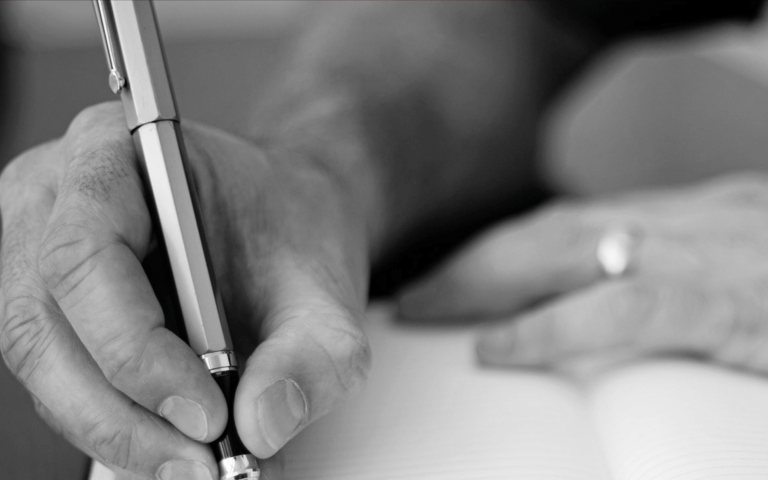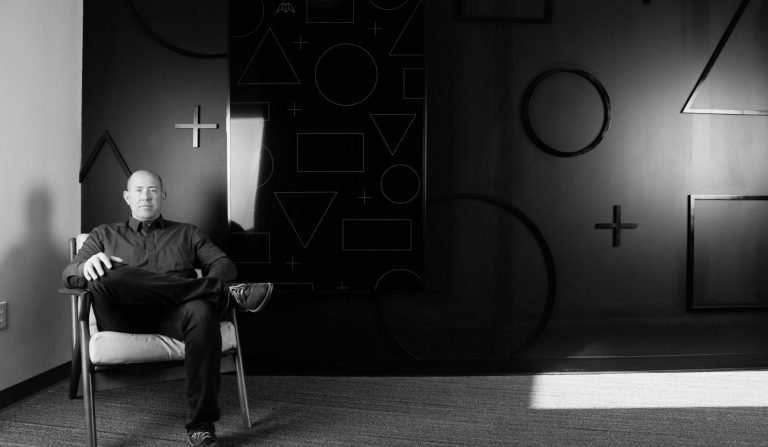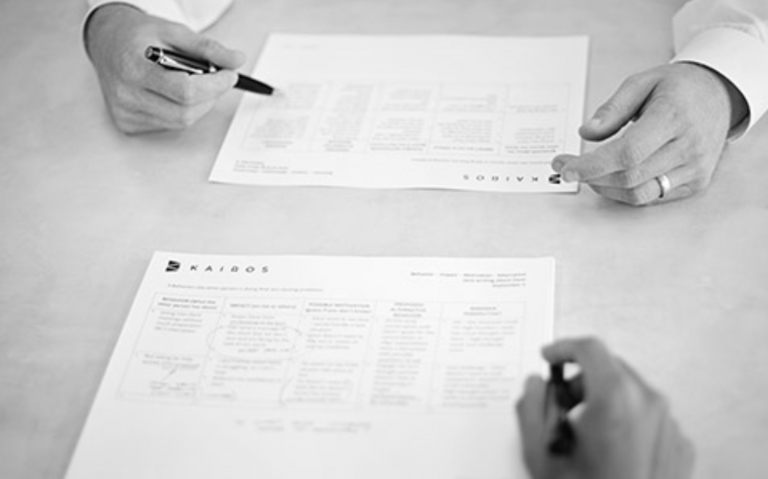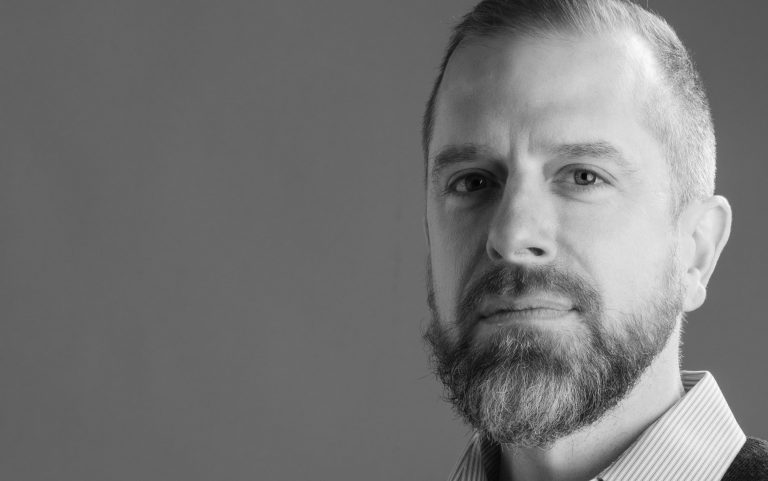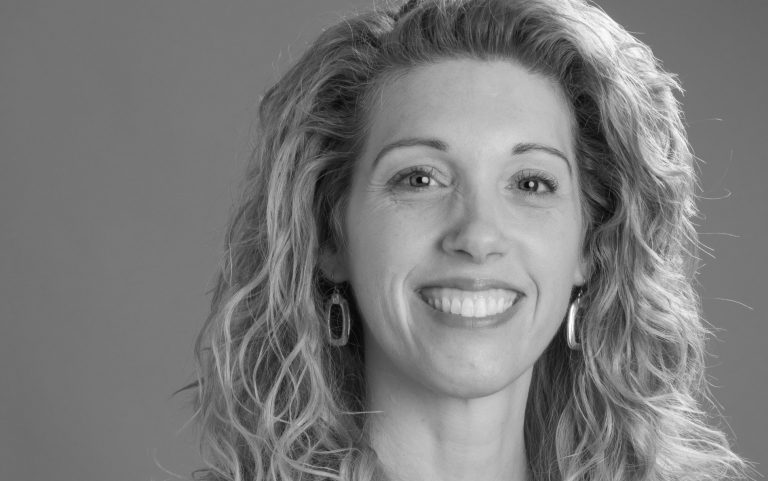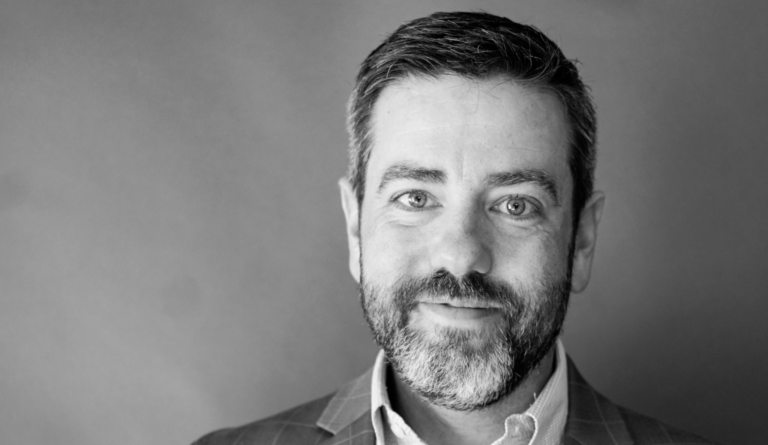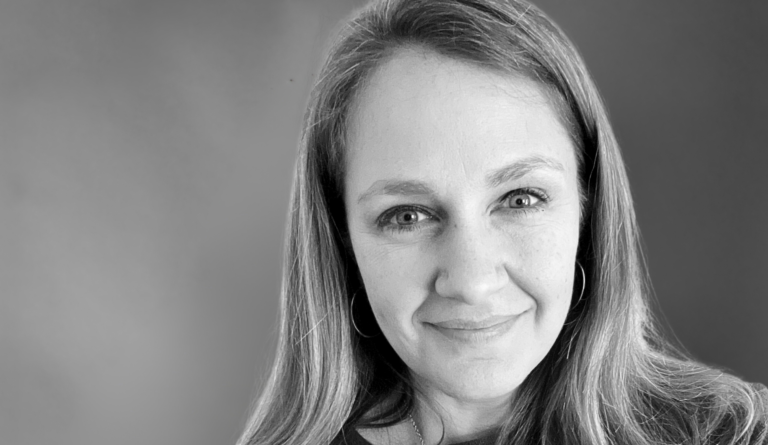I was a decent basketball player as a kid. I went to the Taylor University Basketball Camp two summers in a row, and I learned a lot. I’m right-handed, and I’ve always found it easy to drive to the basket to the right. But defenders would always frustrate me by poaching over to their left, shutting down my driving lane. When I learned to dribble left-handed, it opened up a lot of possibilities for me on the court.
Because of my personality, there are other behaviors that also come naturally to me. I speak my truth boldly. Strategic plans fall into place before my eyes. I readily discern what’s not being said in a conversation. This is right-handed dribbling for me. These behaviors don’t take too much energy, and I often just find myself doing them—habitually, unconsciously.
But other behaviors are harder for me: Digging into details. Remembering conversations verbatim. Sticking with the plan. I can do all these things, but I’m not very good at them, and they take a lot of energy. This is left-handing dribbling.
I want to be a versatile leader, with a broad and deep set of skills. When I only dribble right-handed, I’m not as effective in as many situations, or with as many different types of people. So I need to practice what initially feels awkward and inept.
But how to prioritize where to practice?
I believe our areas of greatest strength (our “superpowers”) are often our greatest opportunities for learning to go left. This is because our strengths have side effects, and our superpowers have the most damaging side effects.
Naturally filling a power void is my superpower, and it is extremely useful in the right context. But I’ve historically been self-deceived about my superpower. Because I liked it so much, I was blind to its side effects. Only recently have I come to see the pain it can cause others. When I inappropriately take the initiative, compulsively speak first, or bull through a nuanced situation, I risk relational damage. And my behaviors prevent others from growing, displaying their own gifts, and arriving at better, more collaborative solutions.
So my greatest (and most powerful) growth opportunity is the opposite of my superpower— learning to wait. For me, waiting is hard. Remaining curious after I think I have the answer is tough. Letting other people take the lead requires a surprising amount of restraint. Being cautious drains me. I’m so good dribbling right-handed, it’s as if my left hand has atrophied.
These few behaviors are actually the most critical for me to learn on my journey of maturation. Of course, they’re also the hardest for me to learn.
Other individuals will have other critical behaviors, correlated with their own superpowers. For example, those who naturally perfect the world around them most likely need to practice accepting imperfection. And those who easily take on the role of serving those around them would be wise to consider letting people struggle to solve their own problems.
To find your own most critical behaviors—look for the superpower, then look for its shadow side. This may take an outside perspective, as we are often self-deceived about the most important negative (and sometimes positive) aspects of our personalities. Some people don’t feel like they have any superpowers at all. But I believe we all do. Find a trusted advisor or loved one, and ask them to hold up a mirror.
What can we expect on this journey of maturation? There are a few stages of growth I’ve observed in my own and other leaders’ development of left-handed skillz:
- Disillusionment: When we first recognize that our natural set of skills is inadequate, it hurts a little. Our concept of reality (“I’m a good dribbler”) gets threatened as that illusion gets stripped away.
- Noticing After: After we’ve become aware that dribbling left would be beneficial, we start noticing situations where it would have worked better to dribble left.
- Noticing During: As our mental model shifts, we start paying attention—in the moment—to times when we should be choosing a different approach. Sometimes we can switch immediately, but sometimes it’s still too late.
- Noticing Before: As our thinking and habits start shifting, we notice opportunities to go left and can start consciously choosing the appropriate direction.
- Unconscious Competence: Eventually, we get to the point where we naturally select the right skill (or approach, or tool) for the situation without too much conscious thought. It still requires more energy to dribble left, but not as much as when we first learned the skill.
Don’t give up too soon as you learn to go left; it eventually gets easier. Although the costs are high, the benefits are even higher. And those we lead deserve nothing less.

